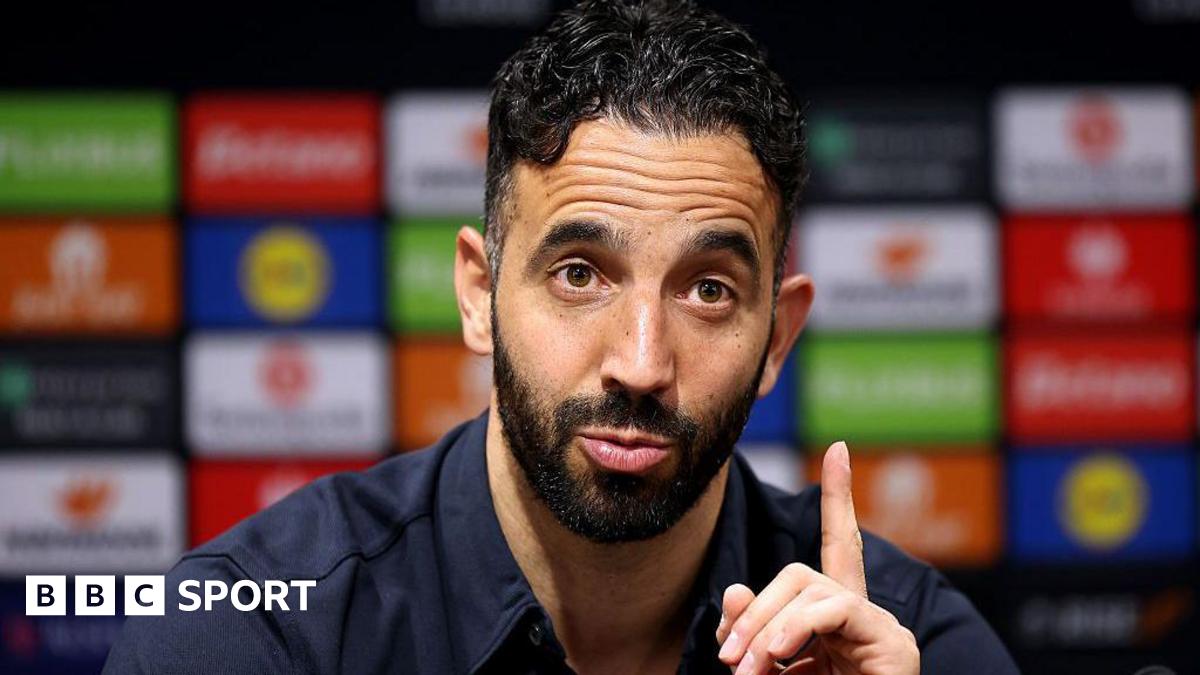Taiwo Awoniyi has been left in intensive care by the worst rule in football

Your support helps us to tell the story Read more Support Now From reproductive rights to climate change to Big Tech, The Independent is on the ground when the story is developing. Whether it's investigating the financials of Elon Musk's pro-Trump PAC or producing our latest documentary, 'The A Word', which shines a light on the American women fighting for reproductive rights, we know how important it is to parse out the facts from the messaging. At such a critical moment in US history, we need reporters on the ground. Your donation allows us to keep sending journalists to speak to both sides of the story. The Independent is trusted by Americans across the entire political spectrum. And unlike many other quality news outlets, we choose not to lock Americans out of our reporting and analysis with paywalls. We believe quality journalism should be available to everyone, paid for by those who can afford it. Your support makes all the difference. Read moreTaiwo Awoniyi is in an induced coma because of an incident that should have never been allowed to play out.The Nottingham Forest striker suffered a life-threatening abdominal injury when he collided with the post in Sunday’s 2-2 draw with Leicester. It was the 88th minute, with the score level, and he had gone hell for leather trying to latch onto Anthony Elanga’s ball across for a tap-in winner – understandable, given the fact a goal at that stage could have delivered Forest a seismic three points in their push for Champions League football.It led to Awoniyi crashing abdomen-first into the woodwork at speed as the entire City Ground winced in unison. However, his efforts were in vain. In the build-up, Elanga was offside. Lighty ears offside. But there was no flag from assistant referee Sian Massey-Ellis, who allowed play to continue and for Awoniyi to put himself at enormous risk, for no reason.This was not Massey-Ellis’s fault. She, along with every linesperson and referee in the Premier League, is simply following the guidance of Ifab, the governing body responsible for the laws of the game, and thus PGMOL. They’re instructed to rely on the safety net of VAR instead of making use of their officiating acumen to call the most obvious of decisions. Enter one of the worst rules in football: delaying the offside flag.Ifab simply state the delaying of the flag is only “permissable in a very clear attacking situation when a player is about to score a goal or has a clear run into/towards the box”. PGMOL add to this in their Competition Guidance Handbook, directing assistant referees to delay their flag when there is a “clear opportunity to score” and a “tight judgement” for whether the player is onside or offside. Then, once a goal is scored or the chance is gone, the assistant will raise the flag to indicate the initial offence – and if the ball is in the net, VAR will review the offside call.open image in gallery Taiwo Awoniyi (centre) has been placed in an induced coma for an incident that should have never been allowed to play out ( PA Wire )In theory, this is a good rule that allows VAR to be put to proper use. However, the ever-vague description of “tight judgement” has forced those running the line to interpret the directive themselves - and over time, it’s led to assistant referees keeping their flag down whenever any player is put through on goal, regardless of the gap between them and the last man. When you’ve got the technology as your get-out-of-jail-free card, why would you ever put the flag up and risk all the scrutiny?In a job where one mistake can leave you with death threats in your inbox, you can’t blame refs for following an instruction that helps them avoid being at the centre of controversy. But in taking away the burden of game-changing decisions from the officials, the governing bodies have chipped away at their conviction and authority. If there are a couple of inches in the decision, fair enough, leave it to VAR. But what are linesmen and women, at the top of their profession, being paid for if they aren’t encouraged by the rules to put their flag up for a five-yard offside?open image in gallery Sian Massey-Ellis abided by the rulebook and kept her flag down, allowing a phase of play that left Awoniyi seriously injured ( Getty Images )Before VAR, this wasn’t an issue. If a player strayed a significant distance offside, the flag would go up 99 times out of 100 - and the one linesman or woman whose flag stayed down would be subject to scrutiny, because that’s a colossal blunder and officials aren’t exempt from criticism. But my issue isn’t “when (lines)men were (lines)men”. It’s the unnecessary risk footballers face when play is wrongfully allowed to continue.Football is a physical game. If a player is sprinting in behind with an opposition defender chasing and an imposing goalkeeper rushing out - both willing to do anything to prevent a goal - there is always a chance that a collision will happen. Whether that be man-to-man, ball-to-face, or going head-first over the advertising board, players are now in peril. If it then transpires that the attacker was significantly offside, the painstaking endeavours of all involved are made completely futile.open image in gallery Awoniyi (bottom left) suffered the worst case scenario of delaying the offside flag ( PA Wire )Frustrations have been voiced about the rule for years, but there is no bigger victim to its pitfalls than Awoniyi. The Nigeria international suffered the worst-case scenario of delaying the offside flag. He’s been placed in an induced coma to treat injuries sustained following a phase of play that should have stopped before he was even in the opposition half. It was so, so avoidable.This is a freak accident, of course. If it happened in legal play, we would not be lighting pitchforks against football or goalposts. But the fact this one incident could - no, should - have been prevented by the officials makes it scandalous. It wasn’t a lone linesman or woman who screwed up - she was following an internationally-recognised directive, doing what every other assistant referee has done since VAR’s introduction.A man is now in intensive care due to the needless risks permitted by the rulebook. After flirting with disaster for five years, now is the time for the directive to be rigorously reviewed.PGMOL and IFAB have declined to comment when reached out to by The Independent.









